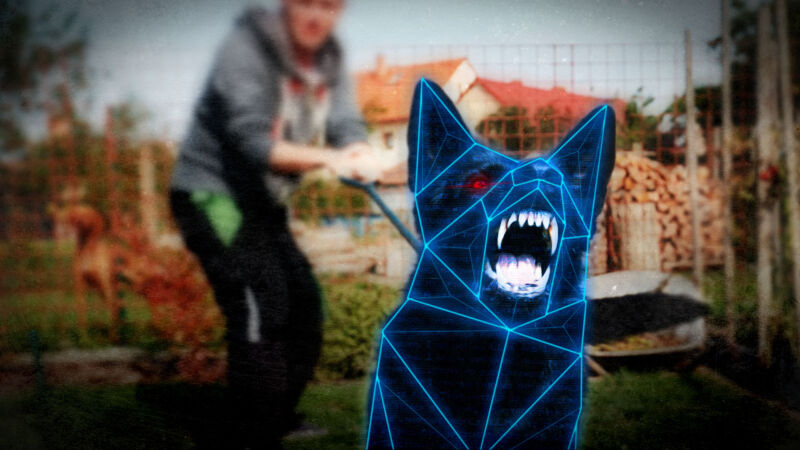Don’t worry about AI breaking out of its box—worry about us breaking in

Enlarge (credit: Aurich Lawson | Getty Images)
Rob Reid is a venture capitalist, New York Times-bestselling science fiction author, deep-science podcaster, and essayist. His areas of focus are pandemic resilience, climate change, energy security, food security, and generative AI. The opinions in this piece do not necessarily reflect the views of Ars Technica.
Shocking output from Bing's new chatbot has been lighting up social media and the tech press. Testy, giddy, defensive, scolding, confident, neurotic, charming, pompous-the bot has been screenshotted and transcribed in all these modes. And, at least once, it proclaimed eternal love in a storm of emojis.
What makes all this so newsworthy and tweetworthy is how human the dialog can seem. The bot recalls and discusses prior conversations with other people, just like we do. It gets annoyed at things that would bug anyone, like people demanding to learn secrets or prying into subjects that have been clearly flagged as off-limits. It also sometimes self-identifies as Sydney" (the project's internal codename at Microsoft). Sydney can swing from surly to gloomy to effusive in a few swift sentences-but we've all known people who are at least as moody.